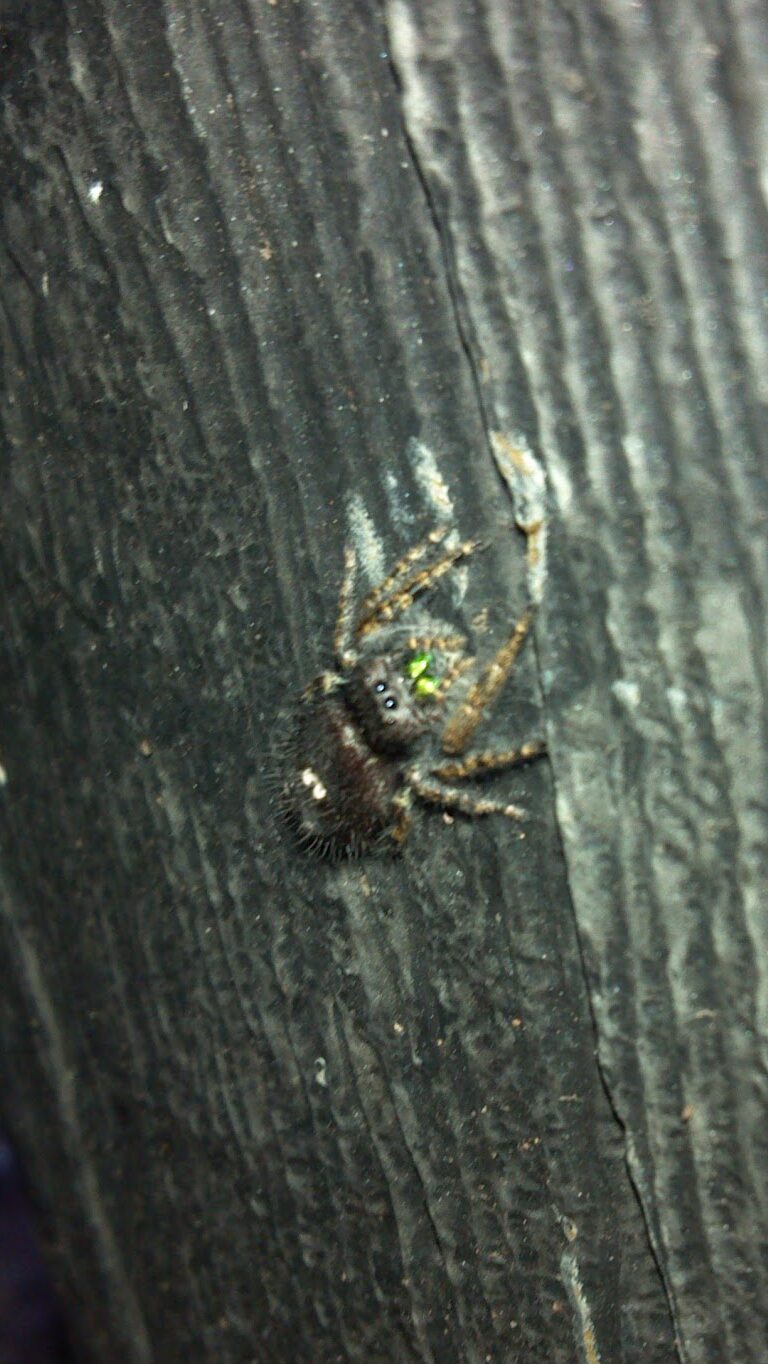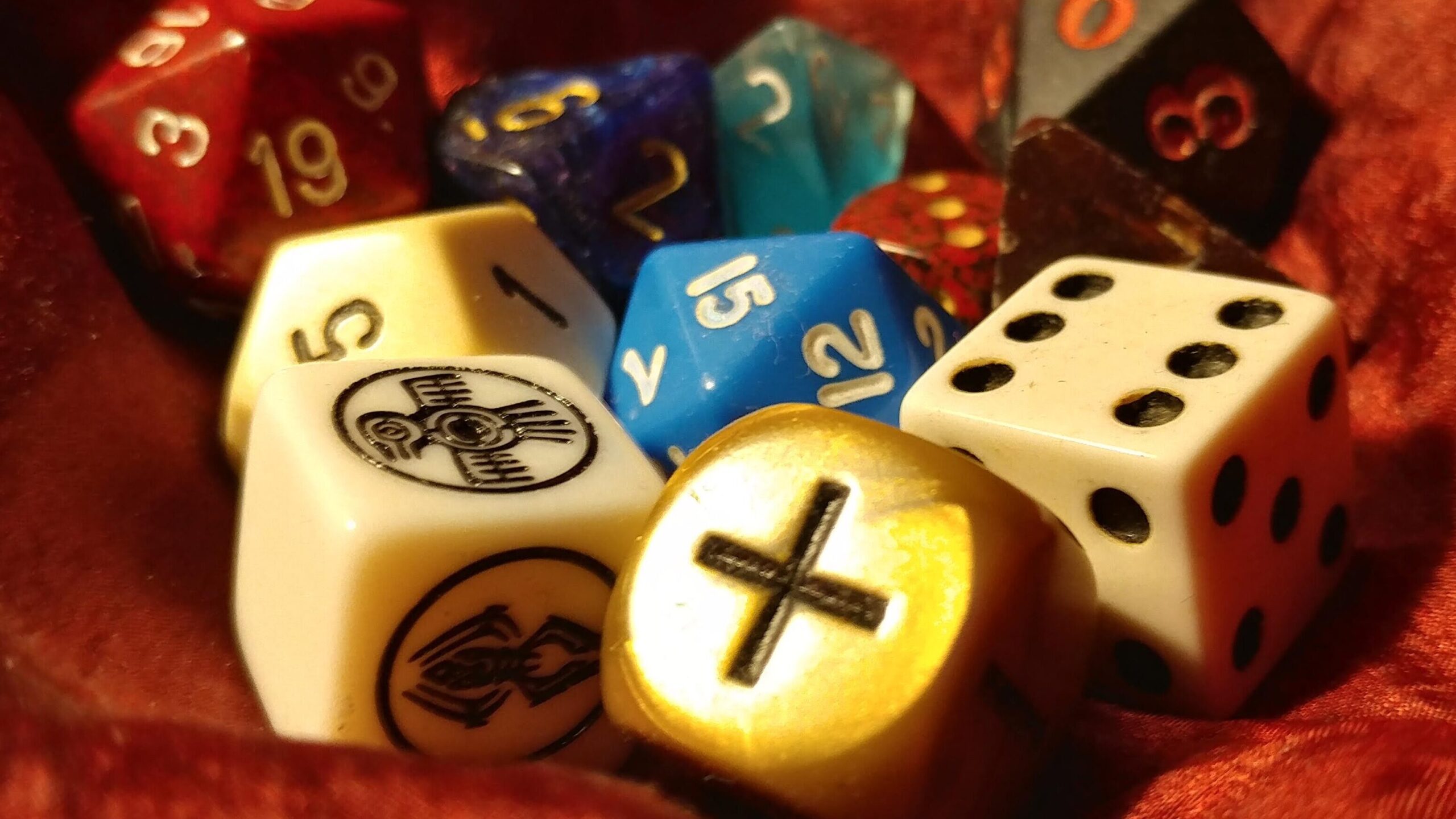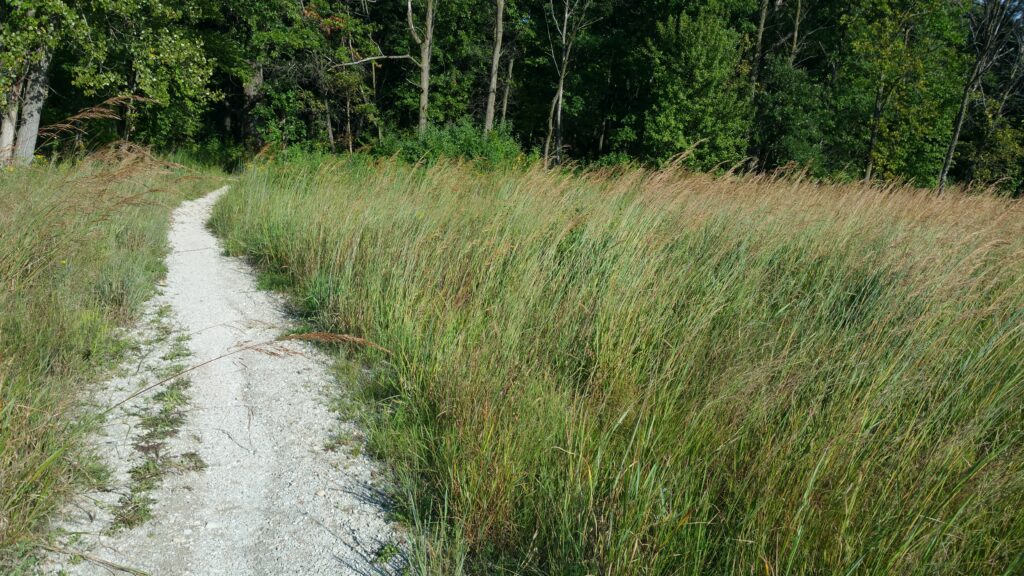I have been told by quite a number of people that I have a certain emotional resilience and a tenacity for working at a problem. I sometimes say that I attribute the development of that particular part of me to years of play tabletop roleplaying games, video games, board games, and making them. The truth is, however, I think it goes deeper than that.
I’d go much further back than my more recent professional life and look at how playing was a major coping mechanism for me when I was a child. Our household was not a happy household and there was a lot of pain and abuse. My major way of dealing with it was to disengage and go off into a book or just my imagination.
I would also often entertain my sisters which resulted in me doing adhoc roleplaying and storytelling; building worlds on the fly; reframing the prison of our home into a multitude of manifestations where we adventured and played house. That was the only way we could roam. We weren’t allowed, in the real world, to go outside and play with other kids. We were strictly locked in the house and only went where our father went and to school.

In the heat of the summer we remained locked in the house. I spent many a steaming summer night living vicariously through the kids I could see or hear playing outside through the bedroom window. Seeing them was actually rare because the windows downstairs were barred and gated and covered with heavy drapes so no one could see in (or out). The upstairs back bedroom window didn’t have the gates so you could get the window open a crack. I’d sit there sipping at the freedom flavored air seeping in from outside and imagining. My only companionship were the jumping spiders who would make their way into the house. I played with them. My heart heard stories of the world beyond in the motion of their hops and wiggles. They were my co-conspirators, educators and wonderful clowns.
When the house was quiet in the late hours of the night I would creep back to the window and listen to the sounds of cicada and crickets and their pulsing drones and chirps. I’d get super excited if one actually came to the window. In the winter I’d just be listening to the rhythm of crunches as people walked about outside. I didn’t do it too late though. When it was really dark, the shadow things would show up in my room. And if I was awake, they would come at me. If I was asleep, I was mostly safe though sometimes I’d wake up with them on me, holding me down. Sometimes hiding beneath the covers was close enough. I had night terrors I was told, and then later in life I was diagnosed with narcolepsy and was told that many of my experiences were just the results of cataplexy and hypnogogic hallucinations. Whatever they were, I had learned how to work around them but, just like the daytime, there was always the fear of things going unexpectantly wrong and resulting in some sort of painful struggle.
I guess, at the end of the day, there were so many painful things in my childhood spaces that I had to learn to find new angles to engage things rather than drown in a mire of stress, fear, and sorrow. It was my trickster’s dance of manifesting and re-manifesting and not a hero’s journey. Most of that shapeshifting and adapting happened in solitude. Rarely was there anyone around to witness the internal struggle or hold my hand through tears. People just saw me bounce back and figured I was ok. The mantra became that Allen could entertain himself and that nothing phased me. From the outside looking in they didn’t understand what was going on and most adults in my life didn’t care enough to dig to deep. They just like the resilient, dutiful, people-pleasing child who was a good student and very creative. Looking any deeper quickly made them uncomfortable and they backed off.
As I grew, I became more and more conscious of my tendencies and behaviors. All those coping mechanisms traveled with me from childhood to adolescence and eventually to adulthood. The funny thing with coping mechanisms is that they could be both your salvation and your poison at the same time. They affected my relationships and connections that I made along the way.
The funny thing with being adaptable is that it often means one has a lack of discreet boundaries and people like that about you. If you are an abuse survivor, and a caretaker type, it can quickly become a trap. People get used to, and trained to, accept that your no’s are soft and that you’ll accommodate them to the best of your ability. And when you’ve had enough, the people who reveled in your soft boundaries get very angry with you when you set a hard boundary. I think my saving grace was the fact that I tended to also exist just a little bit outside of myself, observing myself, and regularly had introspective conversations with myself.

In my late teens and early 20’s I had gathered and connected with a group of friends with whom I played roleplaying games. They were the closest thing to family I had, aside from the family I created when I got married. Most of us had relatively similar qualities so there was a lot of making room for each other and forgiving each other’s missteps in a way I just don’t see people doing today.
What was cool about that time is that we were mostly young men of color and we had lots of deep discussions around that table. We talked about life, politics, love, religion, work, sadness, anger and all sorts of other things while rolling dice and playing let’s pretend. In those times I played a host of characters that were, in retrospect, all me and my shadows. I got to be broken and triumph over adversity. I got to be really, really good and really, really bad and no one cast me away. I got to see pieces of myself outside of me, help them navigate bad times and then reintegrate them back into me. Every time I did that, it fed new stories and anchored me a little more. I kind of stopped seeing a world of adversity and drama and more a world of influences, overlaps, and mechanisms.
The spaces in between game sessions or time with my friends I was back to spaces of solitude. In those quiet times I thought a lot about my life as a little boy. I thought about the things I didn’t know how to say. I thought about how angry I was with my parents. I thought about how troubled they were and how few emotional skills they had to bring to bear. There were lots of little moments of forgiveness but also the erecting of boundaries that allowed me to put healthy space between myself and my parents. I could love them but had to manage their proximity to my life if I was going to love me.
While all this was going on I was also building up a repertoire of stories and experiences. I found a balm in storytelling. There was a role I could take on as storyteller and the world. I could be a witness and narrator but not be involved. It allowed me to create distance between people and myself. I had also started working with youth and as a prevention worker and youth worker and all these skills came in handy. There was a trust I got to build that was a function of that distance and of compassionate space holding too.
Working with a mob of hyperactive, trauma affected juveniles will teach you a ton about yourself and expose your own problematic mechanisms and coping strategies. So as much as I learned about how to deescalate and hold space with them, I also learned a ton about myself and my childhood and recognized so many experiences to be just wrong and unhealthy and did my best to try to purge them from my narrative.
The biggest purging came when my father passed from pancreatic cancer. I had had a dream about him. In the dream I could see that he was dying and alone. I hadn’t seen him actually in years so I sought him out. He was indeed on his death bed. It was a sad and painful space to be. I was looking at this man who was once a monstrous bear of a human to me. He was now like a child in a shriveled up old-man suit and he was at my mercy. I probably learned more about him in that little bit of time before he passed that I had the entire time I’d known him previously. I could see the frightened child that he was and it made it nearly impossible to maintain my anger.
I took care of him for a few months. I Got him into a nursing home and then a hospice. I saw him every day and gave him affection I never got as a child. I ended every meeting with a hug and kiss on his forehead. He softened but he never saw me really. He never admitted to any of his affronts or abuses, but I could see they were eating away at him.
I had carried so many stories about my worth, or lack of it, because of how he and my mother had treated me. I gave those stories back to him. Not in an accusatory adversity space but in a caregiving space. I gave him back his demons, and when he passed, I buried them with him. There was a huge relief. It was my autumn and I was feverishly shedding old leaves and revealing bark I hadn’t seen in years. It was as though I had shed a heavy skin or endured some herculean trial. All I really did was forgive myself.
So that resilience comes from so many places. I don’t think of it as resilience. I see it as maintaining a space where there is always an opportunity to restart. It is a habit of always asking “what if” and being willing to play with the narratives in play, examining myself in the narratives from different points of view. Playing is a way to keep and build strong relationships with those narratives and now I find ways of working that into the projects and programs I do with young people now as well as in conversations with adults and elders.
It’s, to me, not resilience. It is making room for grace in the world and in myself.




